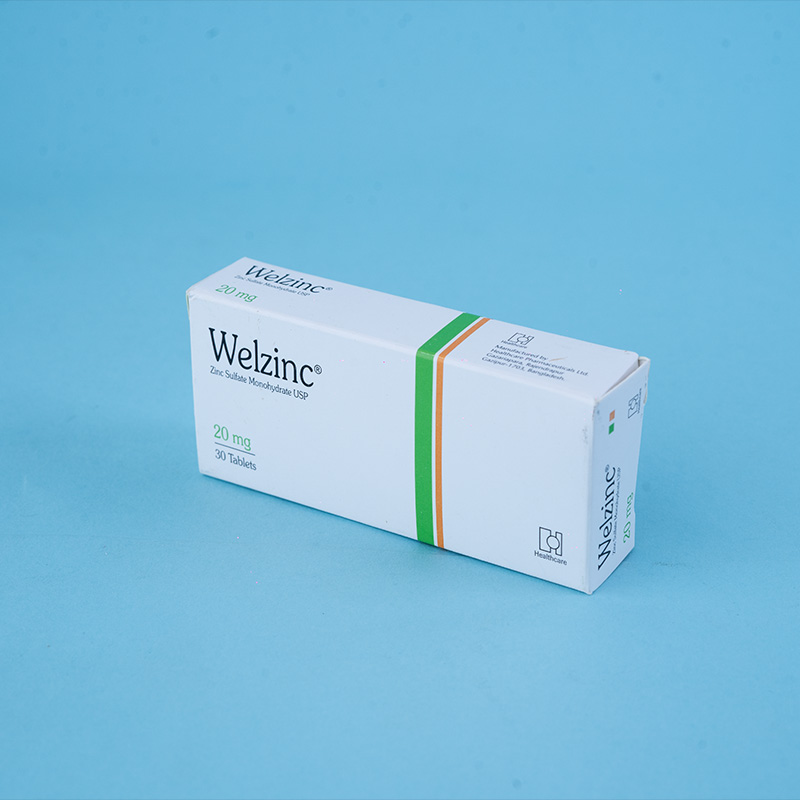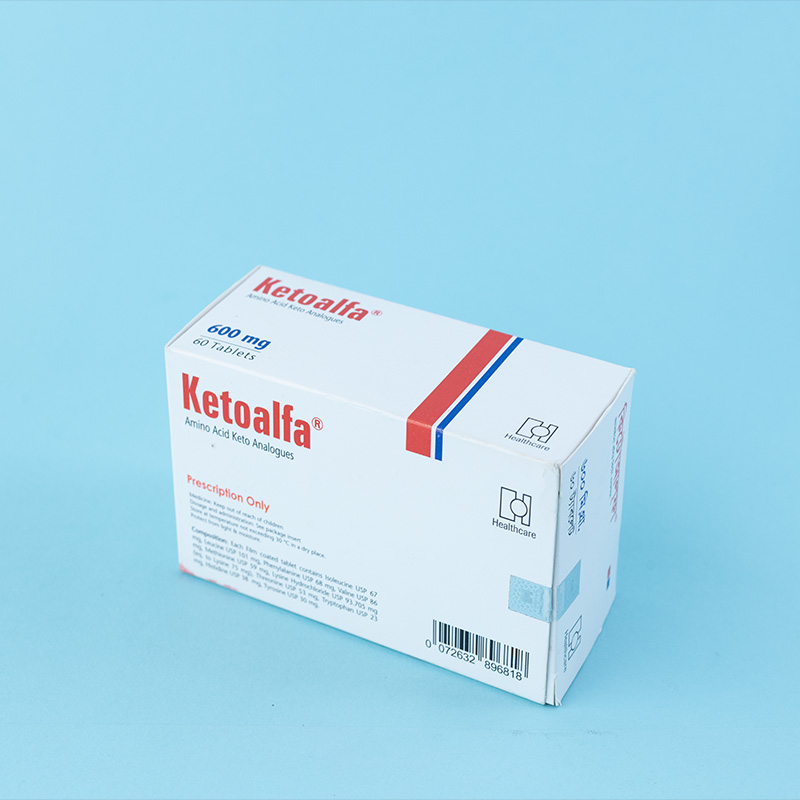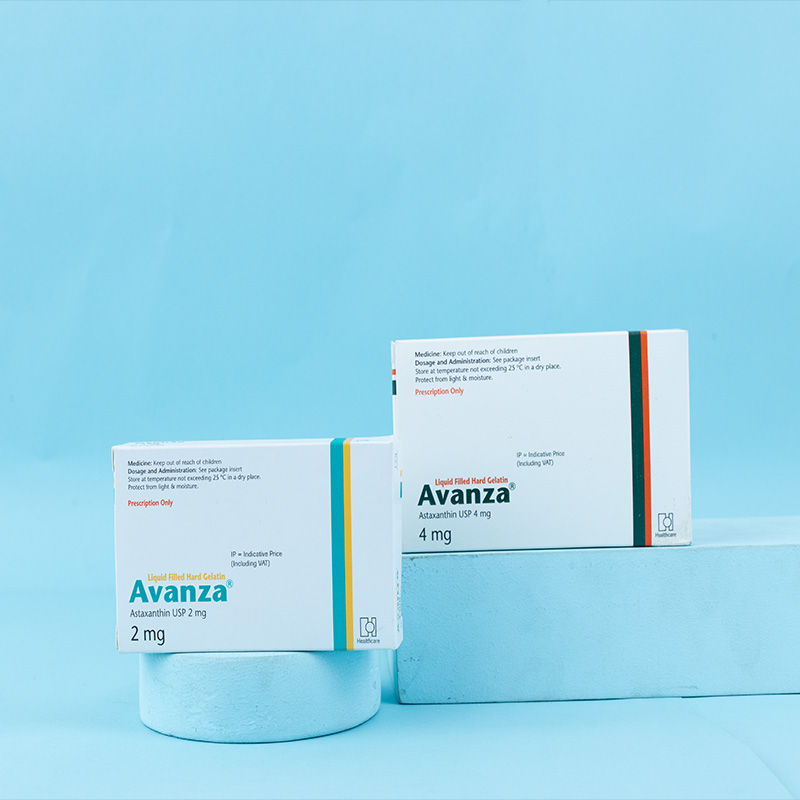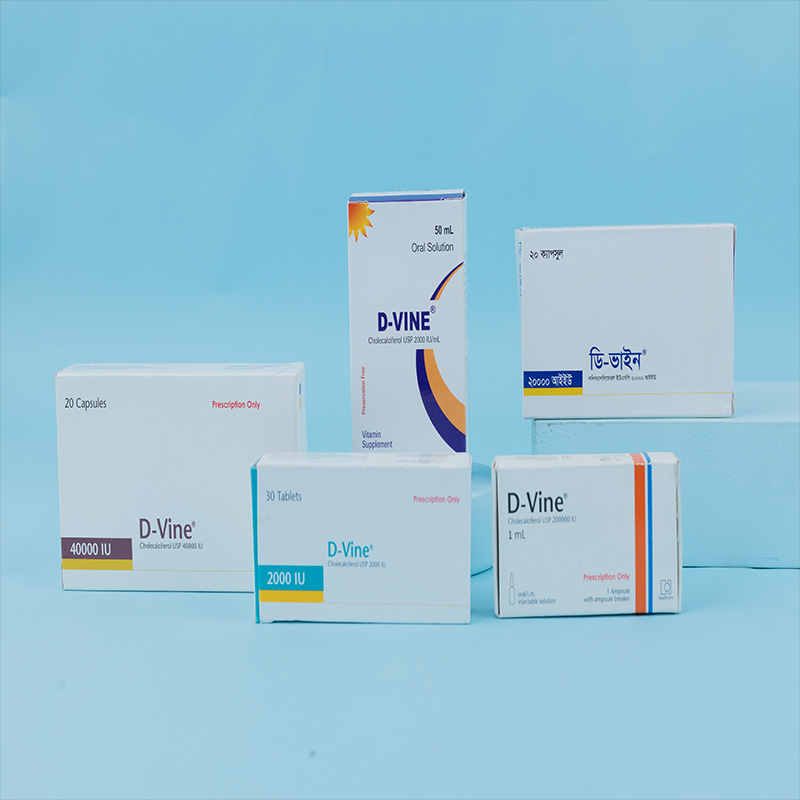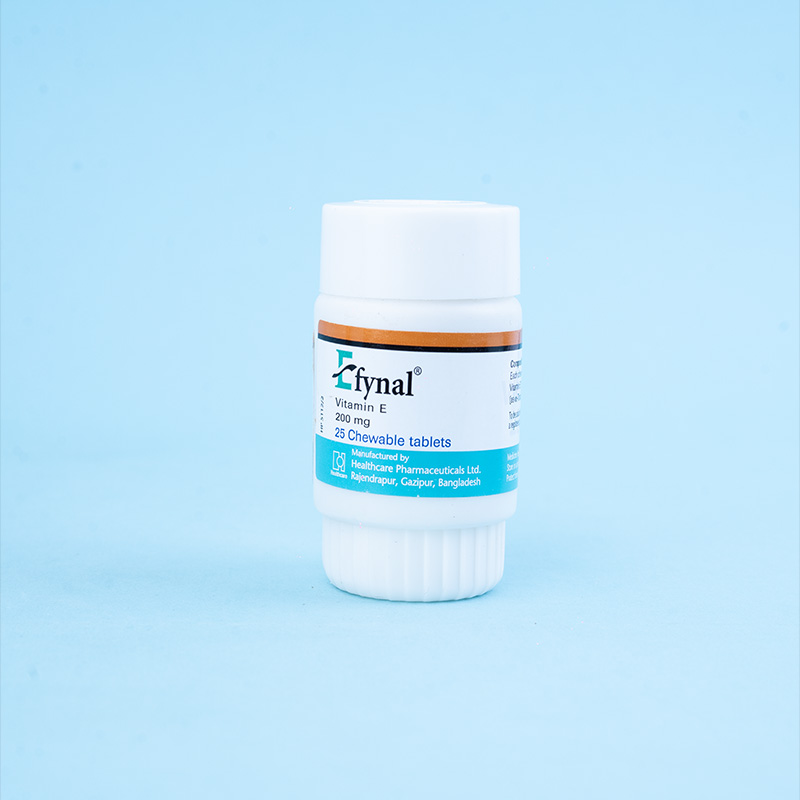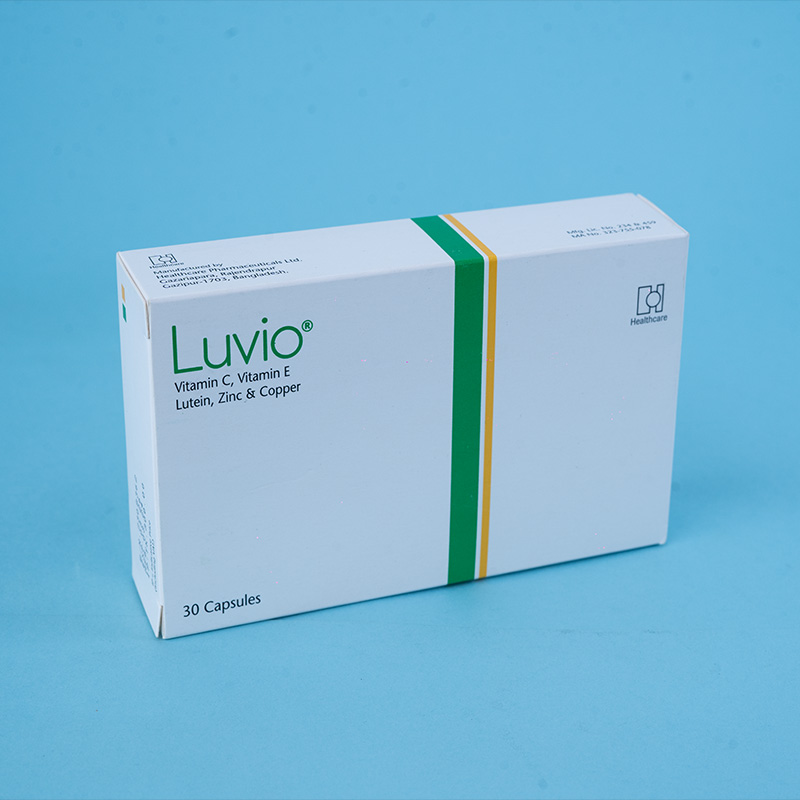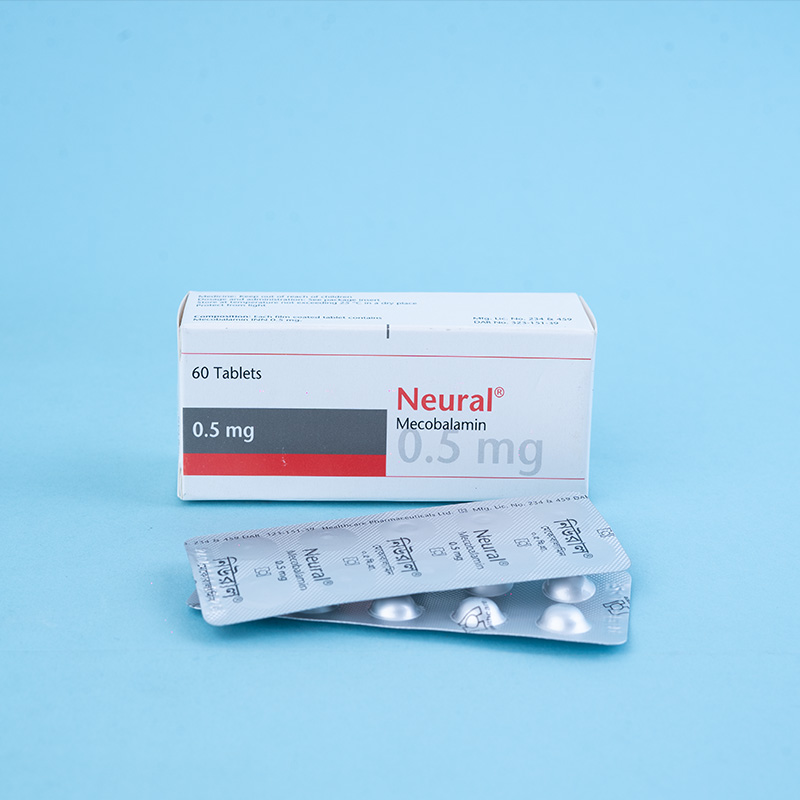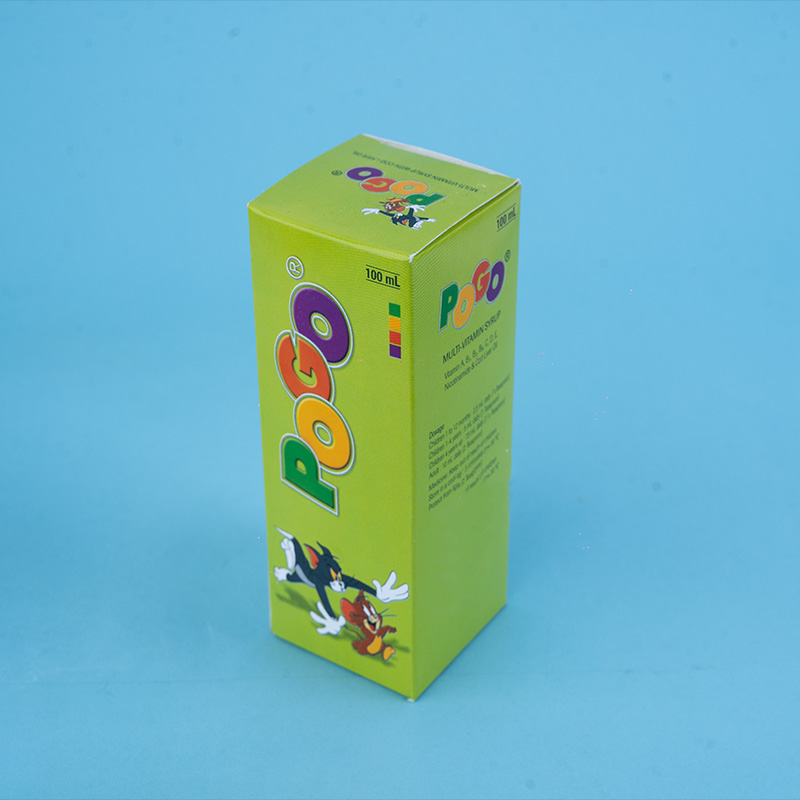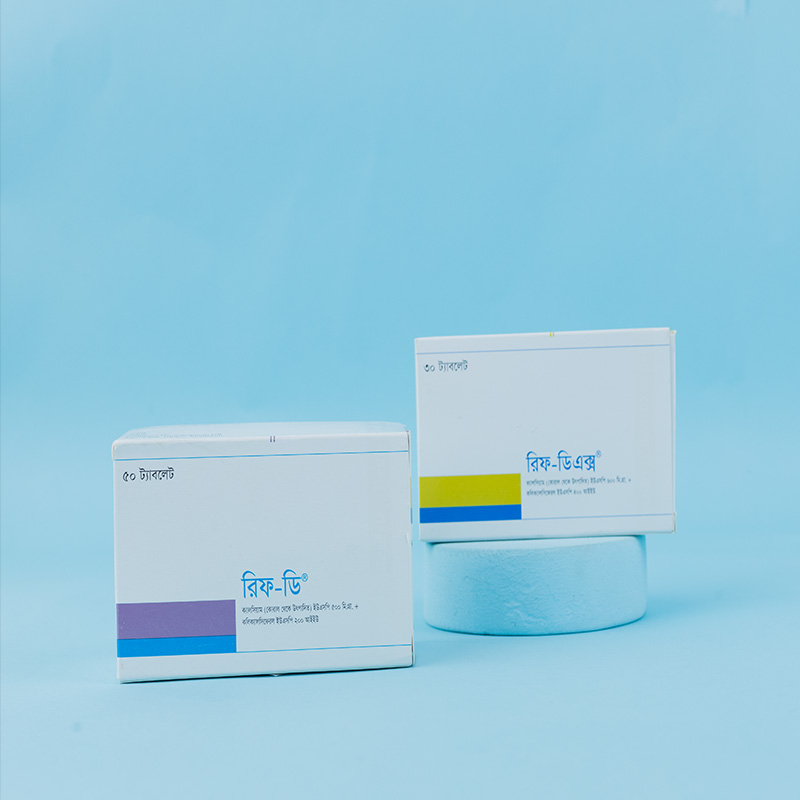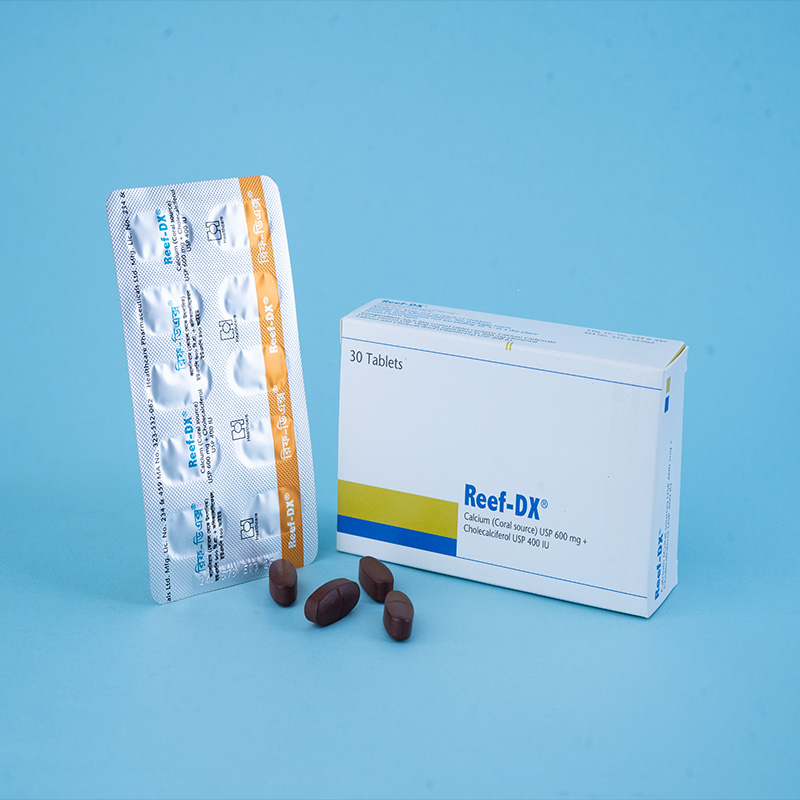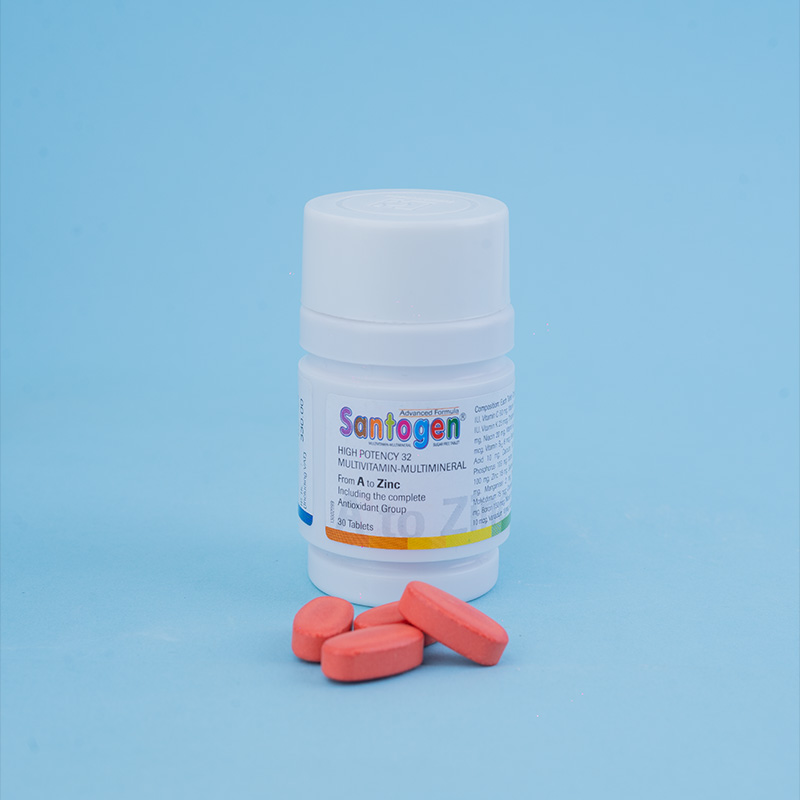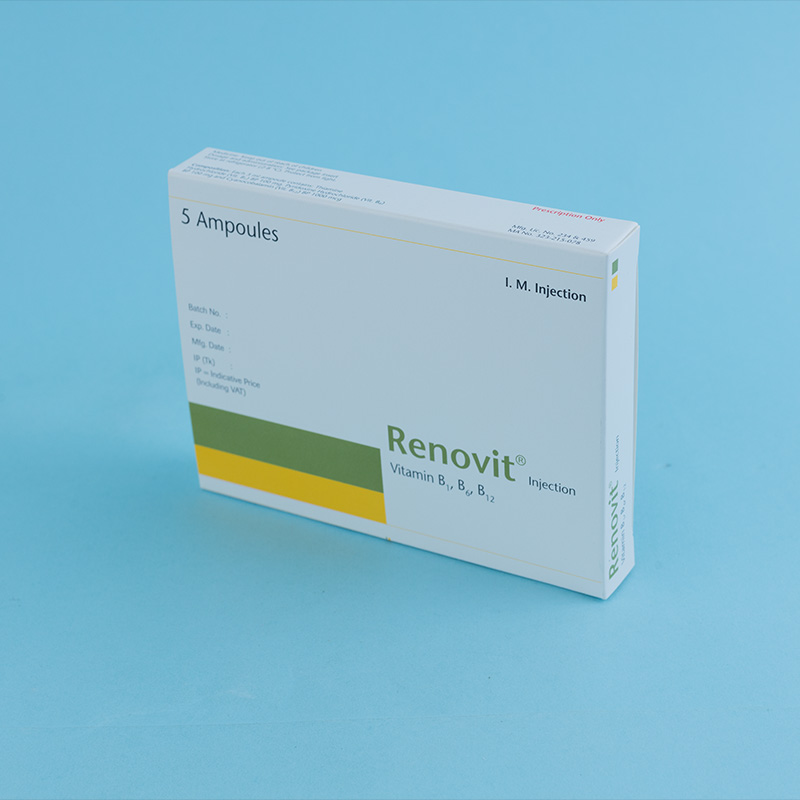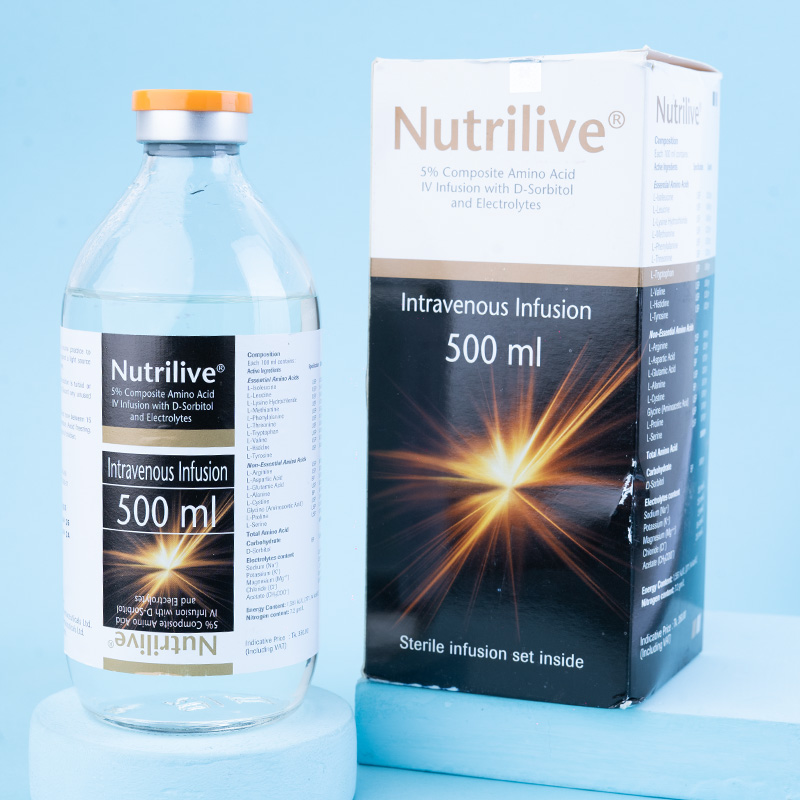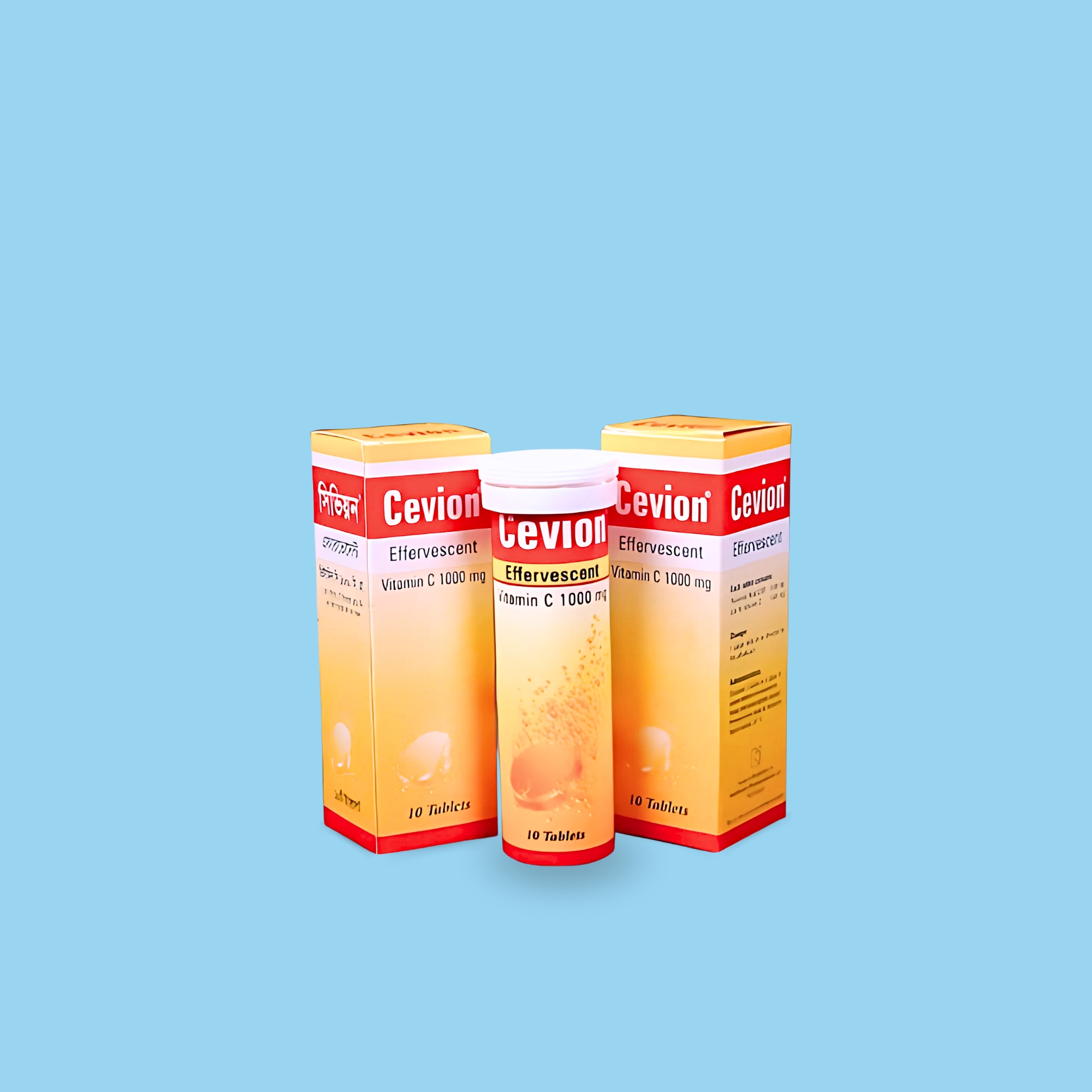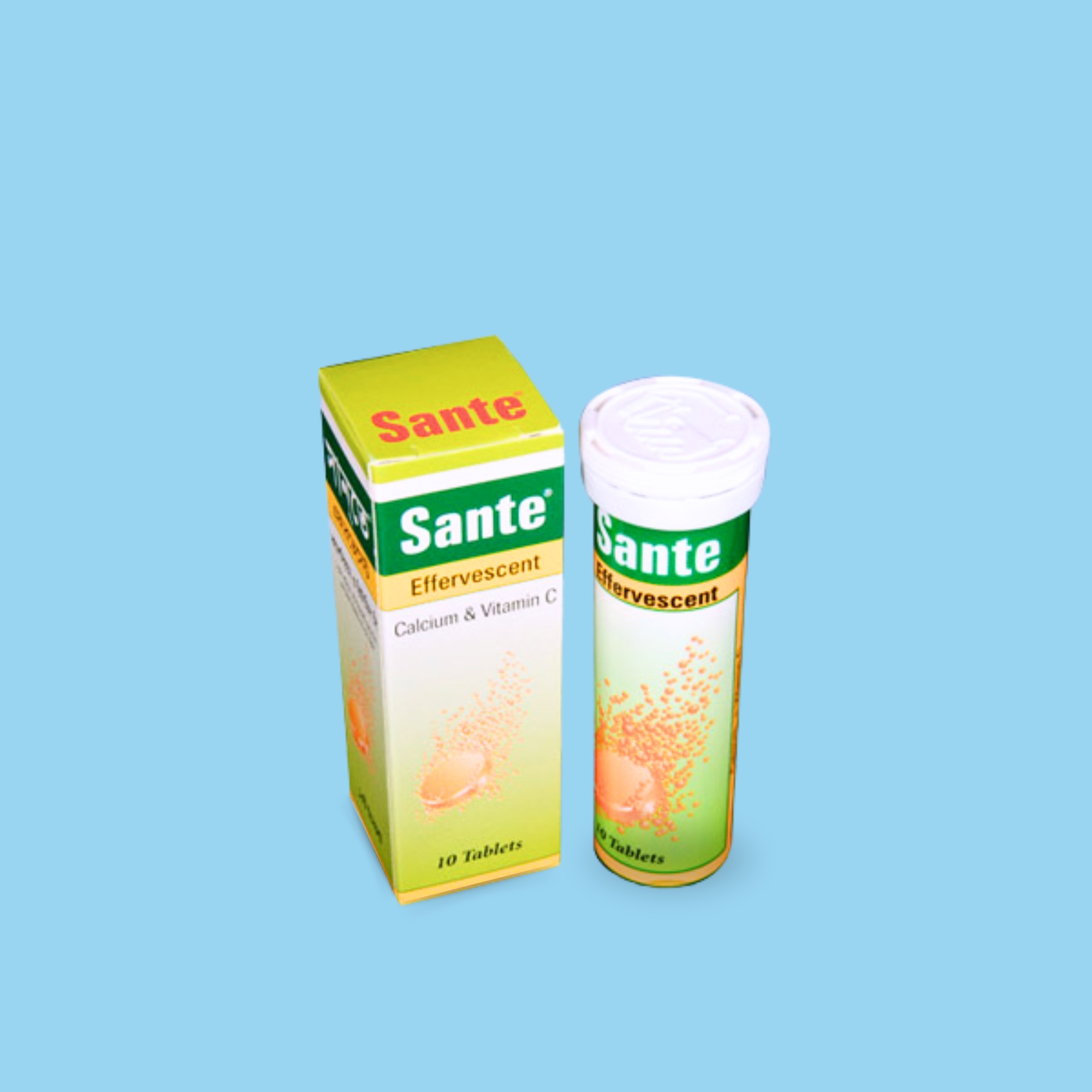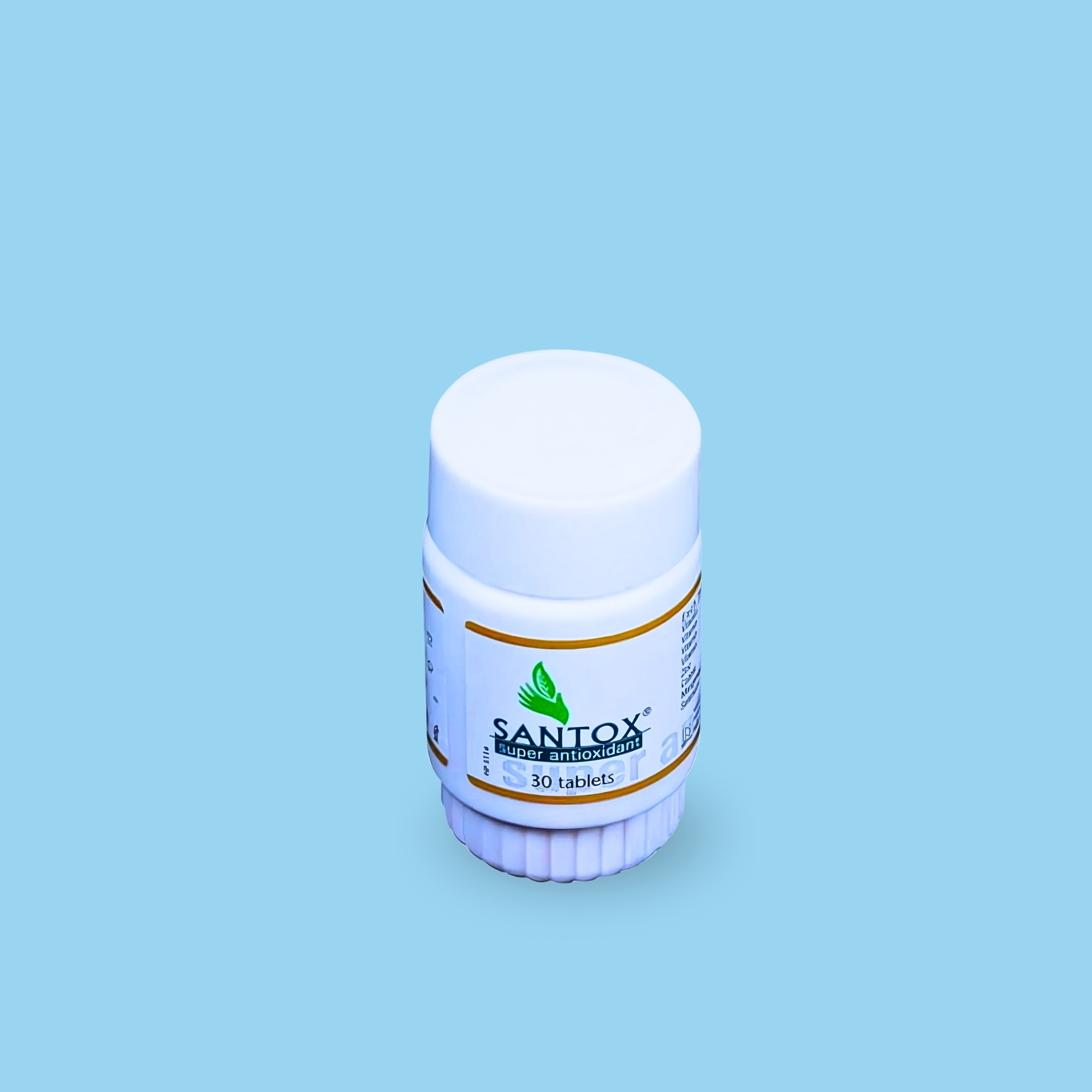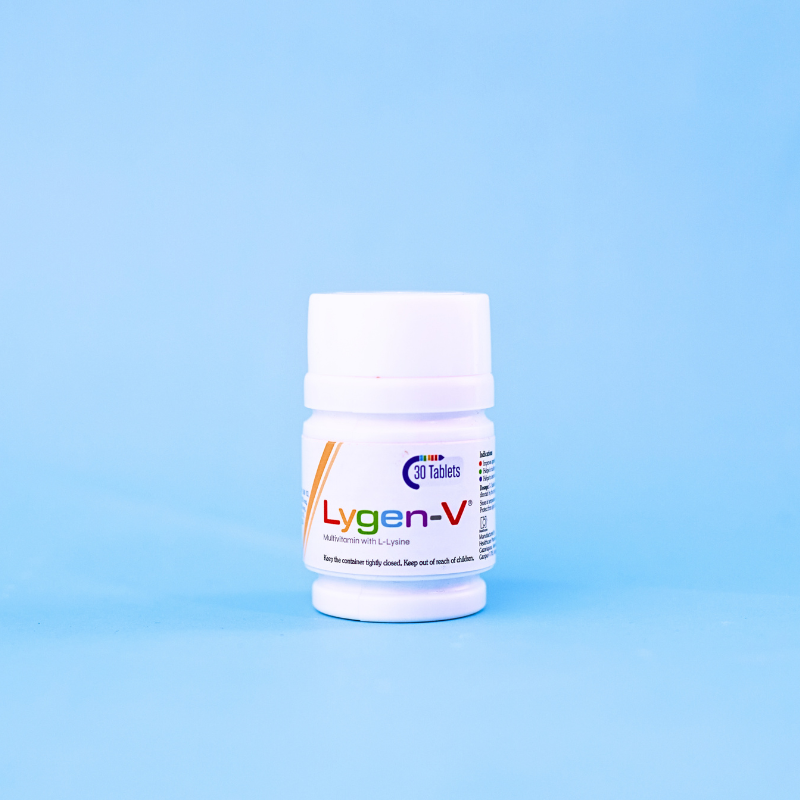Zinc has been identified as a cofactor for over 70 different enzymes, including alkaline phosphatase, lactic dehydrogenase, and both RNA and DNA polymerase. Zinc facilitates wound healing, helps maintain normal growth rates, normal skin hydration, and the senses of taste and smell.
Severe deficiency causes skin lesions, alopecia, diarrhea, increased susceptibility to infections, and failure to thrive in children. Zinc is absorbed from the gastrointestinal tract and distributed throughout the body. The highest concentrations occur in hair, eyes, male reproductive organs, and bone, while lower levels are present in the liver, kidney, and muscle. In blood, 80% is found in erythrocytes.
Zinc Sulfate Monohydrate is indicated in zinc deficiency and/or zinc-losing conditions. Zinc deficiency can occur as a result of inadequate diet or malabsorption. Excessive loss of zinc can occur in trauma, burns, diarrhea, and protein-losing conditions. A zinc supplement is given until clinical improvement occurs, but it may need to be continued in severe malabsorption, metabolic disease, or in zinc-losing states.
Adults
Usual dose: 40 mg elemental zinc 1-3 times daily.
This drug is most effective if taken at least 1 hour before or 2 hours after meals. However, if it causes stomach upset, it may be taken with a meal.
Zinc is contraindicated in individuals who are hypersensitive to any component of this preparation.
In acute renal failure, zinc accumulation may occur in the body, so dose adjustment is needed.
Zinc may cause nausea, vomiting, diarrhea, stomach upset, heartburn, and gastritis.
The safety of this product in human pregnancy has not been established. Zinc crosses the placenta and is present in breast milk.
Refer to the dosage guideline.
Concomitant intake of tetracyclines and zinc may decrease the absorption of both.
Similarly, concomitant administration of zinc and quinolone drugs may also decrease the absorption of both.
Concomitant intake of penicillamine and zinc may decrease the absorption of zinc.
High doses of zinc cause emesis (vomiting). Additionally, zinc sulfate is corrosive at high doses and may cause irritation and corrosion of the gastrointestinal tract, including ulceration of the stomach and possible perforation. Zinc overdosage has also been associated with acute renal tubular necrosis and interstitial nephritis. Prolonged high-dose zinc supplementation may result in copper deficiency.
In cases of acute zinc overdose, treatment is primarily supportive. However, induced emesis, gastric lavage, or activated charcoal may be useful in cases of substantial ingestion of zinc tablets. Chelating agents such as calcium disodium EDTA may also be beneficial.
Store at a temperature not exceeding 30°C in a dry place. Protect from light and moisture.
Medicine: Keep out of reach of children.
